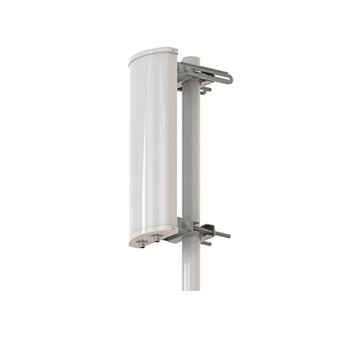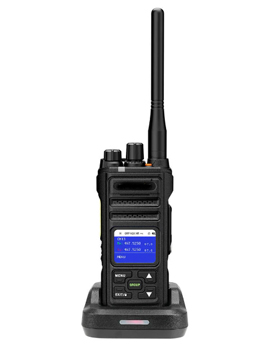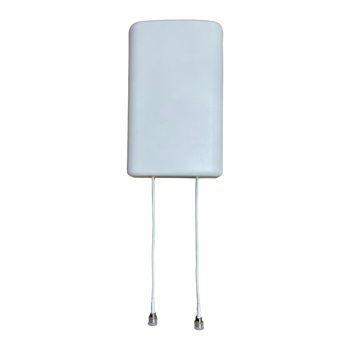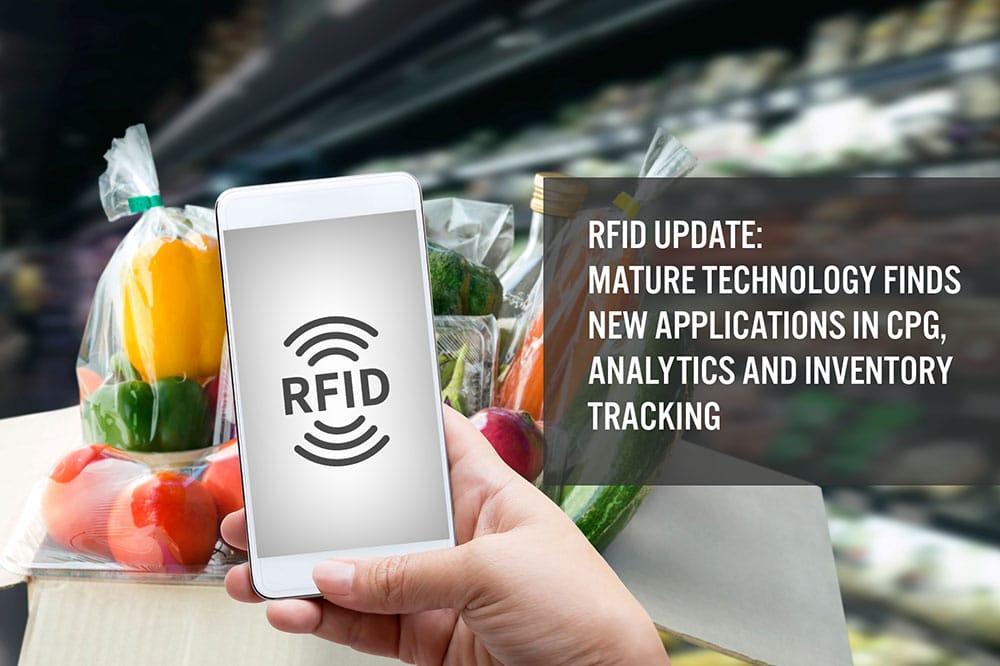
Accurate inventory information is crucial for the retail industry. Inefficient management of stocks can lead to out-of-stock and overstock issues that can have a massive impact on the business. RFID technology has revolutionized the retail industry and given improved inventory accuracy and stock reliability. It has simplified the typical inventory process which requires intensive labor, is inefficient and time-consuming. RFID has enabled retailers to track their inventory throughout the supply chain from the warehouse to the sales floor. This article discusses on how RFID technology is used in the retail industry.
Table of Contents
ToggleThe Problem of Out-of-Stock and Overstock in Retail
In manual inventory management, data is not organized properly and thus it is difficult to track inventory activities and customer demands. In the retail industry, demands and trends change rapidly, and storing and analyzing these data in traditional and manual methods is almost impossible. Out-of-stock and overstock are largely responsible for the loss of revenue in the retail industry.
Out-of-stock basically means that the company has exhausted its inventory for a product that is still in demand by its customers and thus driving them to their competitors. On the contrary, overstocks mean having excess stock for products that are not in demand and thus leading to locked-in capital, wastage of storage space, inventory holding cost, and many unnecessary additional costs.
Properly storing the inventory data and customer demand data, analyzing these data, forecasting future demands, and restocking the right quantities at the right time to manage and balance the storage space availability and production capacity are all important steps in the process of inventory management in the retail industry. Traditional methods might not be sufficient to keep up with the evolution of the retail sector in the present day.
What is RFID and How Does it Work in Retail?
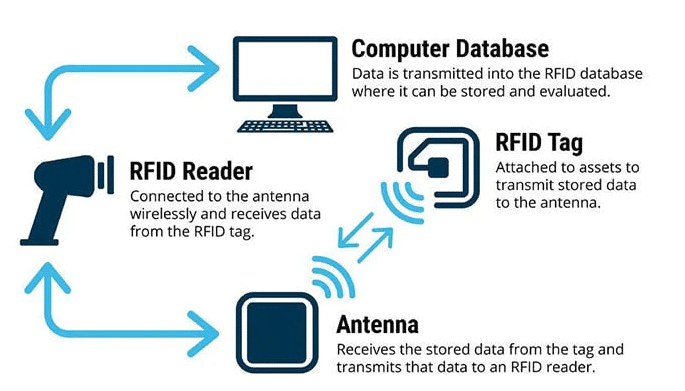
RFID is a wireless technology that is used for automatic detection and data collection. RFID technology can be a perfect solution for all the inventory management issues in the retail industry. RFID systems are mainly composed of two components. The RFID tag that has the encoded data and an RFID reader that has both the RFID antenna and the transceiver. Information is stored in the RFID tag and is attached to the product. When the antenna of the RFID reader detects an RFID signal, it receives the information stored on the tag and transmits the data to a database where it is stored and evaluated.
In the retail industry setting, RFID tags are attached to the products, and this has improved the retail industry in numerous ways. They can be used for product tracking in the supply chain, managing stocks, reducing theft in the supply chain, forecasting demands, etc.
RFID for Real-Time Inventory Management
One of the main use cases of RFID in the retail industry is real time inventory tracking. RFID installment helps the retailer to accurately locate an item and get valuable information about it in a matter of seconds. Sizes, colors, quantity available and all such data can be stored and retrieved through RFID tags and readers. This eliminates the time and labor consumed in manual entry systems. By keeping a track of shipments, purchase orders, inflow and outflow of inventory in real time, stock levels can be updated in an efficient manner and it will be possible to maintain the inventory at optimum level without facing issues like overstocking or understocking. Additionally RFID installment will minimize thefts as the products will be tracked constantly in real time.
What can Tesswave do for you?
Tesswave provide 100+ antenna products and you can contact us for antenna customized solutions, get in touch with us today to get a Free quote.
Get an Instant Quote
Get a FREE quote and we will contact you within an hour
RFID for Accurate Demand Forecasting
RFID technology has enabled accurate demand forecasting in the retail industry. For demand planning, historical sales and transaction data are essential and without timely and real-time data it will not be possible. With accurate and real-time data, it has become possible for retailers to make informed decisions about customer preferences, the products that are high in demand, new trends in products, etc. Thus by reducing the delays in data acquisition and analysis regarding the supply and demand and customer engagement in a product, RFID helps a retailer to make better forecasts and be prepared so that a continuous flow of sales can be sustained. Since the demands can be forecasted accurately, stocks can be maintained at a balanced level without leading to overstock or out-of-stock situations.
RFID for Efficient Replenishment Processes
As mentioned throughout, RFID provides a massive service in maintaining stocks. A huge part of it is replenishing the inventory on time in an efficient manner. By using RFID-enabled inventory tracking, retailers can identify potential out-of-stock situations and take proactive measures in advance. By restocking the items in demand and required raw materials in a timely manner, retailers can ensure customer satisfaction and prevent delays in production and supply chains. Automated alert and notification systems can be built around RFID technology in the retail industry to notify the retailer at predefined threshold values of stock to initiate stock replenishment. Reorders can be automated to maintain safety stock levels. Replenishing inventory in an efficient manner will ensure that the business does not face an out-of-stock situation as well as prevent the business from unnecessarily stocking up too much inventory leading to an overstock situation.
The Future of RFID in Retail Inventory Management
The future of RFID in the retail industry is promising. With the rapid growth of online marketing and e-commerce, the use of RFID has become almost mandatory. RFID technology can be used not only to forecast demand but to predict trends, monitor customer behavior, analyze peak shopping times, and provide insight into new products that can have high demand in the future.
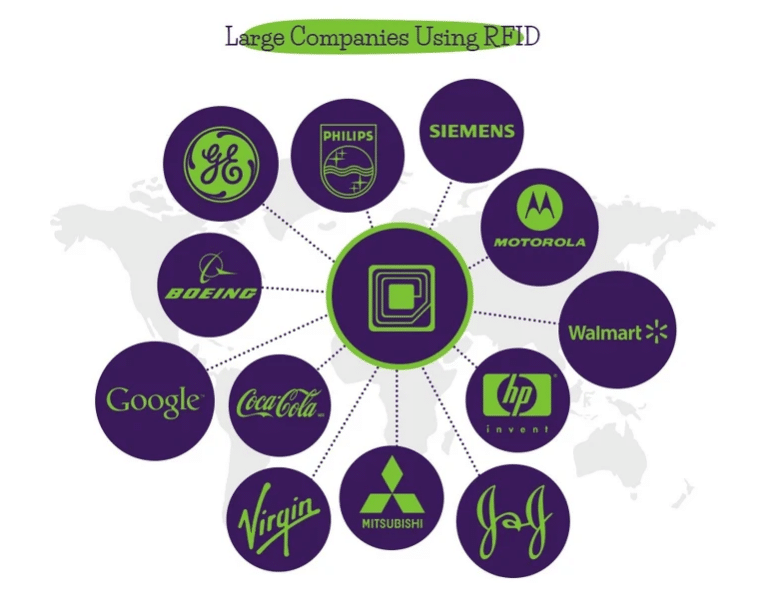
Another area in retail that will have a massive boost in the near future with the use of RFID is the checkout process. Items will not have to be billed individually, entire shopping carts or purchase orders can be checked out at once since the RFID tags will simultaneously transfer their encoded data to the reader. This will reduce queues, reduce thefts and increase security. RFID technology can even be used to optimize store layouts. Overall, RFID technology can be used to improve a retailer’s outcome and at the same time provide customers with a better shopping experience.
Conclusion
RFID is a great solution to address overstock and out-of-stock problems in the retail industry. With effective use of RFID technology, the retail industry can cut down labor costs and minimize cycle time, thus saving both time and money. RFID installment can improve operational efficiency and allow employees to do more value-added tasks. Data analytics and forecasting demands can be done conveniently using RFID and therefore it will enable retailers to maintain stocks at safe levels without facing out-of-stock or overstock situations. RFID has the potential to create massive change in the future in the retail industry benefiting both the retailers and the customers.



